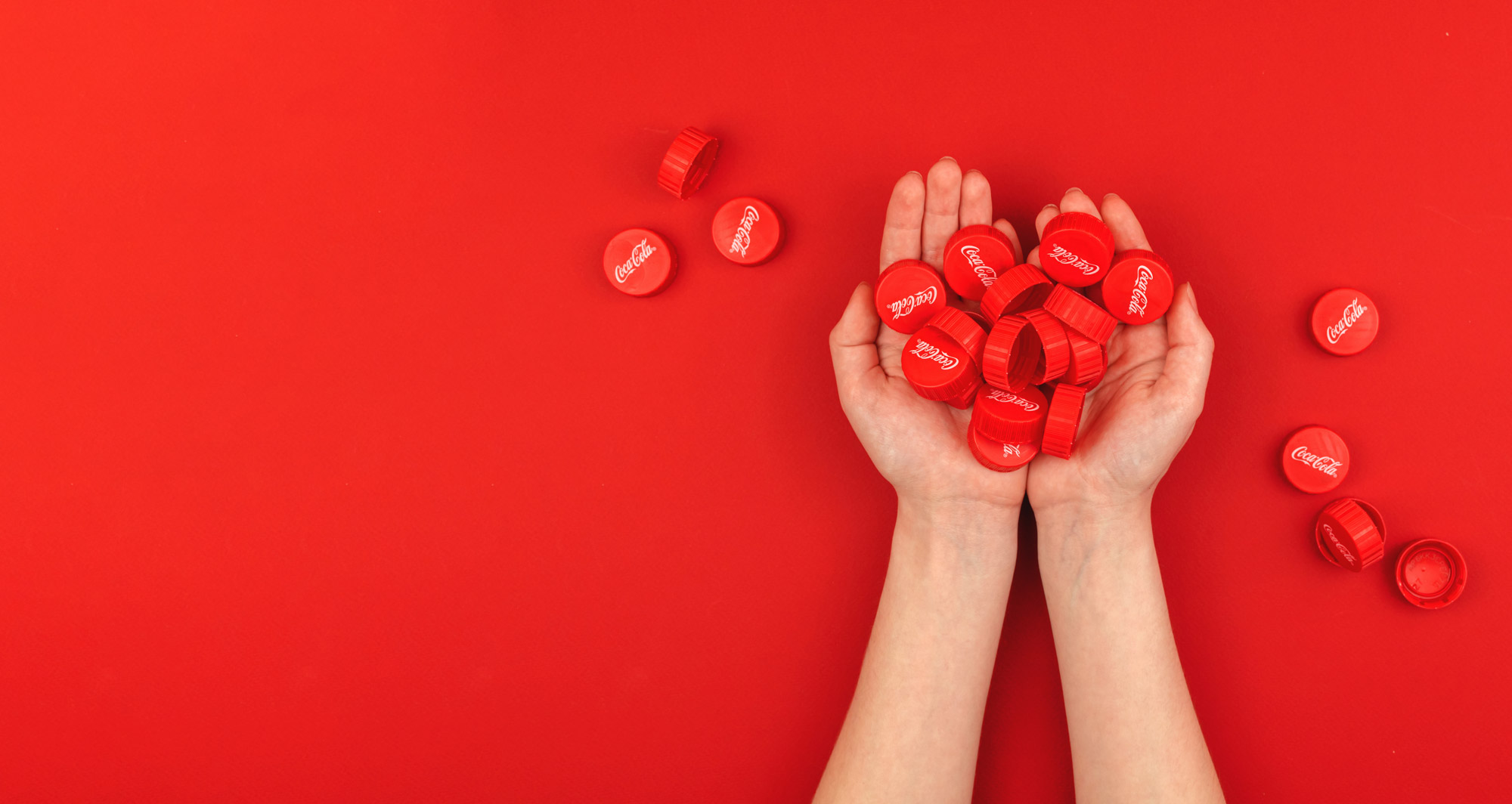In Depth
Goodbye screw caps
Hello tethered closures
Ryan Ellington investigates how the beverage packaging industry is preparing for the EU’s plastic directive on tethered caps.

This year is set to see major change in plastic beverage bottle closures as resource efficiency remains a hot topic and the countdown is on for the enforcement of the EU’s directive around attached bottle caps. In fact, tethered closures, which are caps that remain firmly attached to a bottle once opened and during use, will become a part of everyday life for EU-based consumers by 2024.
EU Directive 2019/904 was announced in 2019 and stipulates that plastic caps must remain attached to the bottle after opening on all beverage bottles three litres and under from July 2024 onwards.
The beverage packaging sector is already taking note, but how is it navigating these upcoming changes and what innovations are already being made?
The brands transitioning towards tethered closures
As the European date on tethered caps looms, the packaging industry has seen several announcements from companies declaring a move towards tethered caps. For example, both German dairy company, Landliebe Molkereiprodukte, and Polish food company, Maspex Wadowice Group, have introduced versions of the tethered cap design by packaging solutions provider, SIG, on their products.
Meanwhile, plastic closures specialist, Bericap, which has developed and produced closures since 1987, says it has impressed the market with its latest tethered closure design. The German company claims to have a closure solution for virtually any container bought to market thanks to its Bericap ClipAside tethered cap.
In May 2022, a commissioned Bericap consumer survey revealed the ClipAside cap offers many benefits to users aside from its recycling advantages.The survey said consumers were impressed with the cap's convenience, hygiene, sustainability and robustness for daily use.
More recently (January 2023), packaging solutions company Berry Global announced a partnership with Coca-Cola to supply the global drinks company with tethered lids for its polyethylene terephthalate (PET) bottles in the EU.
According to Berry Global, PET bottles are the most recycled packaging type and so far it has applied over 400 million tethered lids on Coca-cola bottling lines across the drinks company’s bottling lines in Germany, Spain and the UK, with plans to expand this to other Coca-Cola plants in Europe.
A Berry Global spokesperson told Inside Packaging that in 2019 Coca-Cola held a supplier event to provide a brief on the project and Berry was shortlisted as a supplier in 2020. Berry stated the production process was essentially the same although the filling line needed fine-tuning.
Coca-Cola’s main soft drinks competitor, multinational drinks giant Pepsico, is also moving towards using tethered closures on all its plastic drink bottles. In an exclusive discussion with Inside Packaging, Pepsico said it is currently preparing the conversion to tethered closures in all European markets, a project it started three years ago to respect the regulatory requirements.
European sustainability senior director at Pepsico, Mark Allen told Inside Packaging exclusively: “a complete renewal of plant equipment was not needed. However, an adaptation of some equipment may be required according to preliminary audits that have been conducted line by line. In some markets, the decision was made to change the bottleneck finish to reduce plastic use.
“In the first stage, we focused on identifying the best closure designs, keeping in mind the EU guidelines whilst delivering a positive consumer experience. The next step was identifying the right suppliers, considering their closure developments and compatibility with our bottle designs and bottling lines. Currently, we are in the qualification and execution stage, targeting to have all lines across the system adapted by early 2024, before the deadline of July 2024,” he continued.
Fail to prepare, prepare to fail
For Austrian packaging company Alpla the transition is going to be effortless. Alpla is currently implementing tethered caps to its plastic drink bottle products so told Inside Packaging that no major changes to its customers’ bottling and filling lines would be needed to create a compliant solution.
Alpla Group business development director Michael Feltes explained: “The new caps have to meet the consumers’ need for practical, convenient and high-quality solutions. Until now, cap design has literally been to result in a ‘detached cap’ from the actual packaging itself. Now individual packaging designs have to be taken into account, in order to keep the solution user-friendly and ideally enhance consumer convenience.”
Tethered closures will forge a new future for all beverage brands working with consumers based in the EU but it remains to be seen if other countries will follow suit.
In 2018 the government of California in the US put its AB-2779 Bill to the assembly which called for every plastic bottle sold in California to have a cap connected to its bottle by 2020. Although this bill is no longer active the topic remains relevant, as on 30 June 2022 the US state pledged to have a 25% drop in single-use plastic by 2032 and have all plastic items bought or sold in California to be recyclable by 2028.
“Some markets are investigating [tethered closures] such as Thailand in Asia. In the US, the planned California vote has not yet happened. This introduction in the EU will surely have an influence but there are no concrete followers yet,” a spokesperson from Berry Global told Inside Packaging exclusively.
It’s arguably only a matter of time before tethered caps become seen as a global standard.
Main image credit: FellowNeko / Shutterstock.com